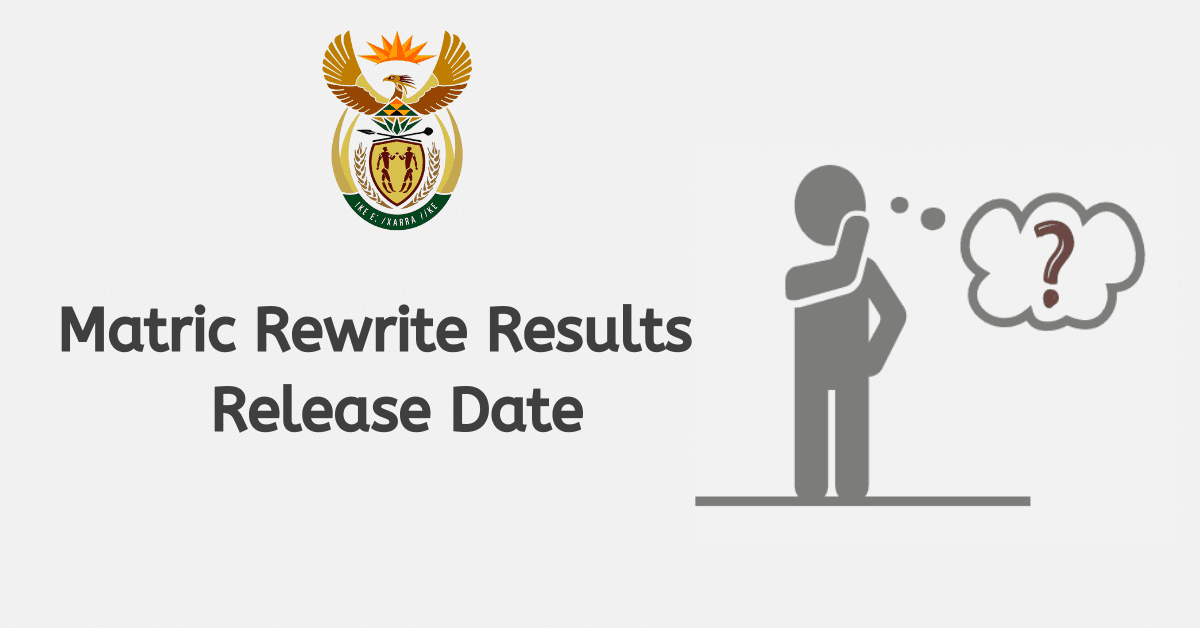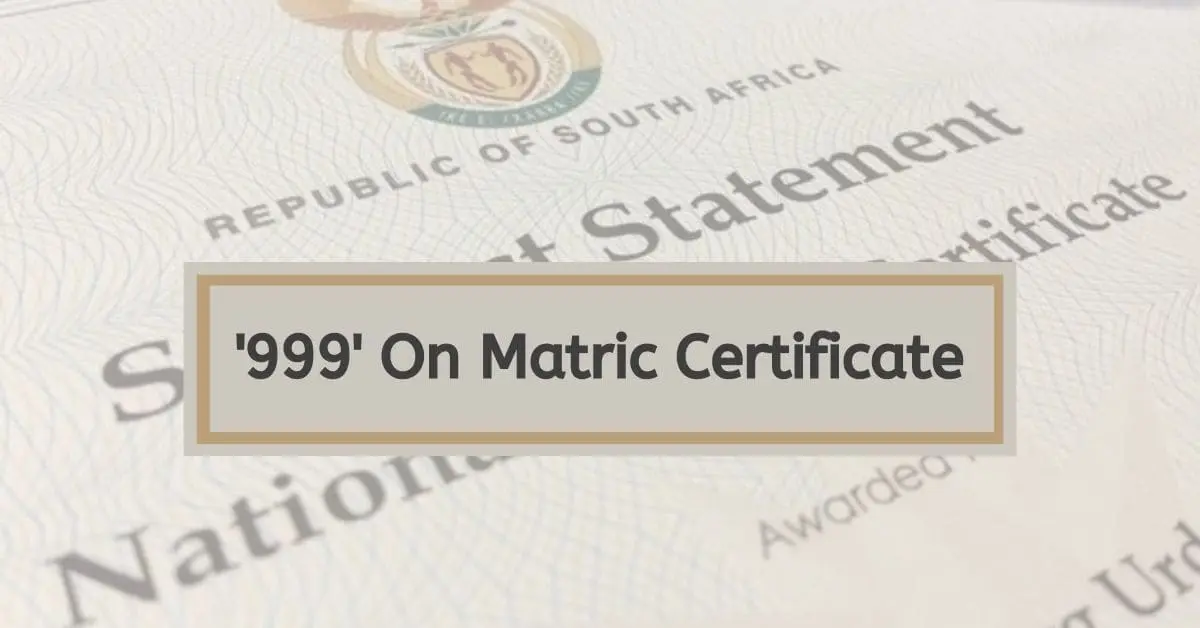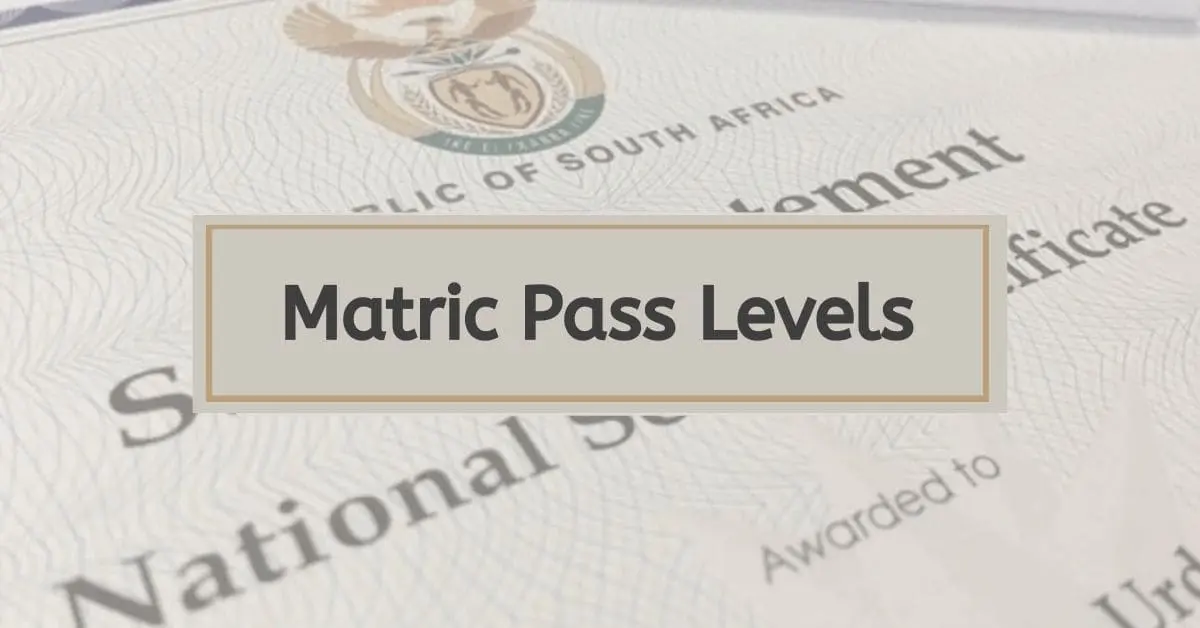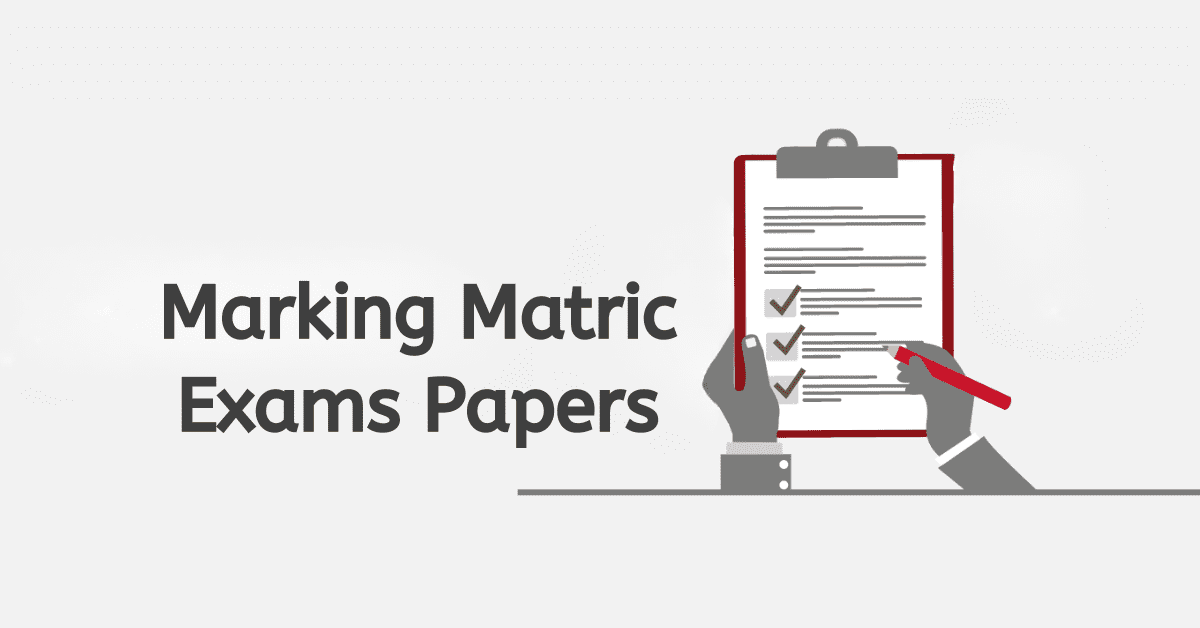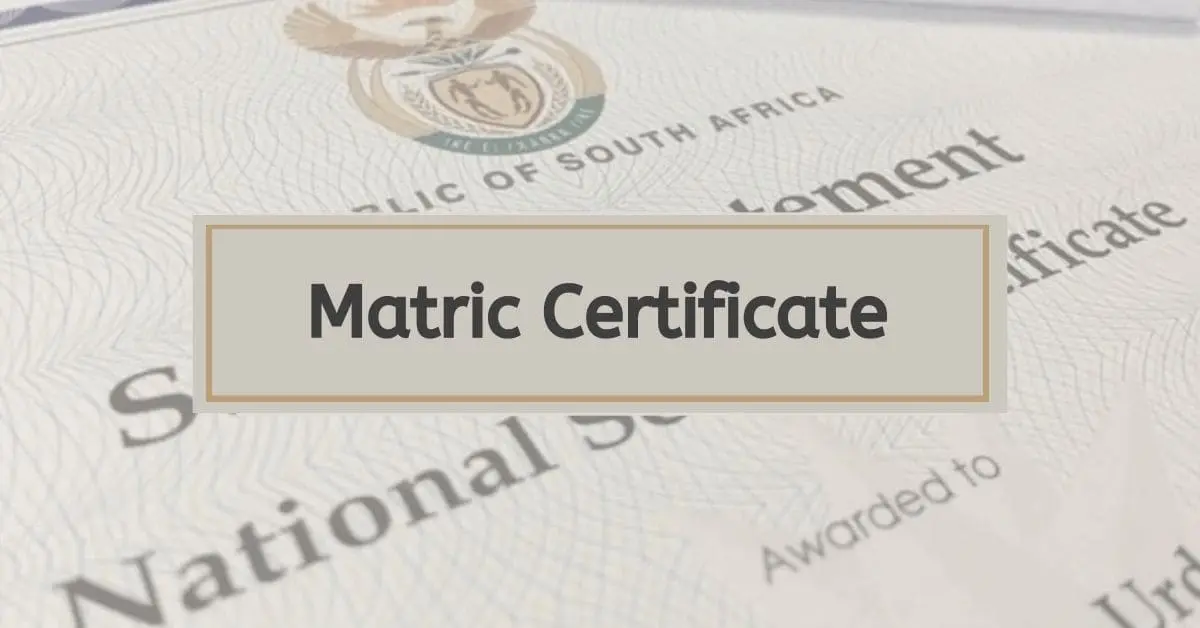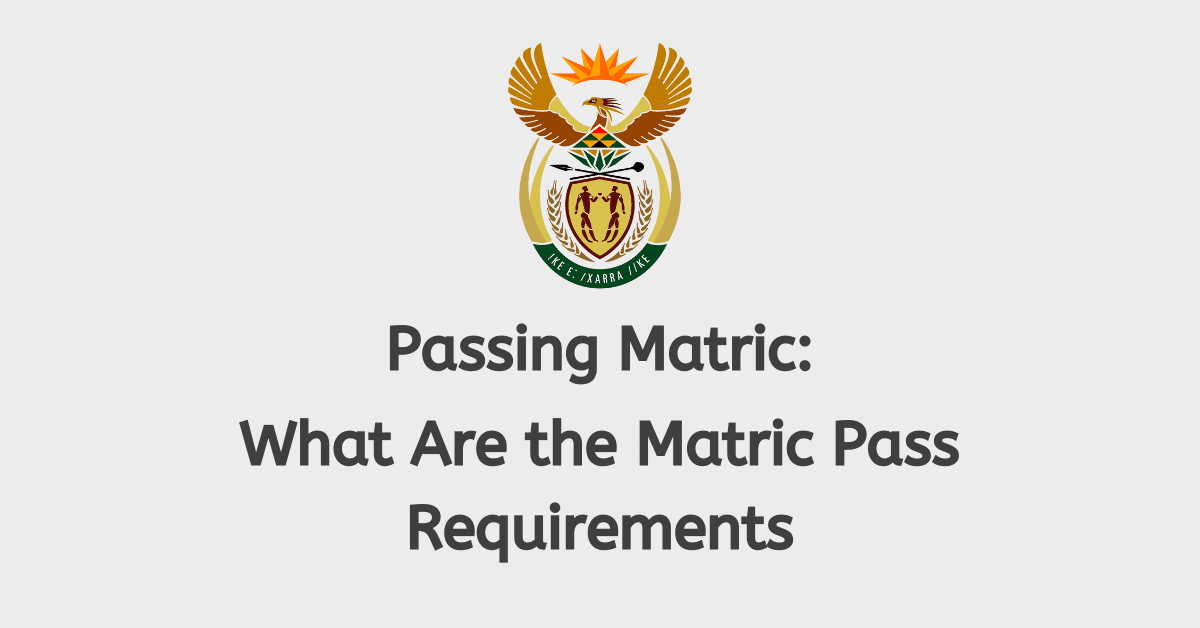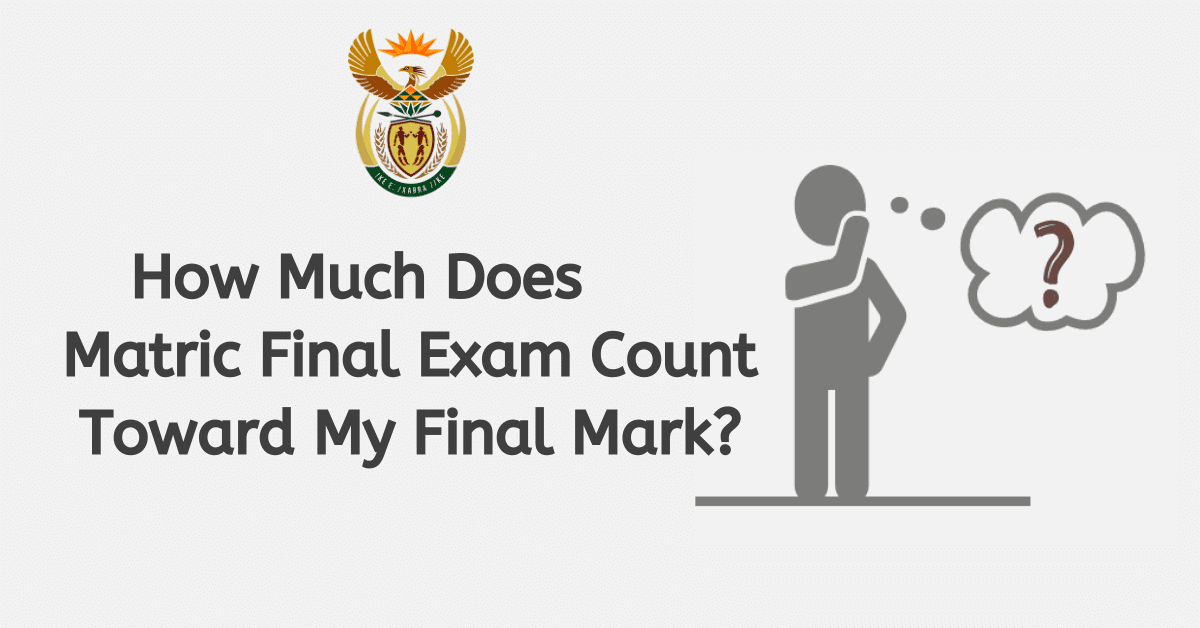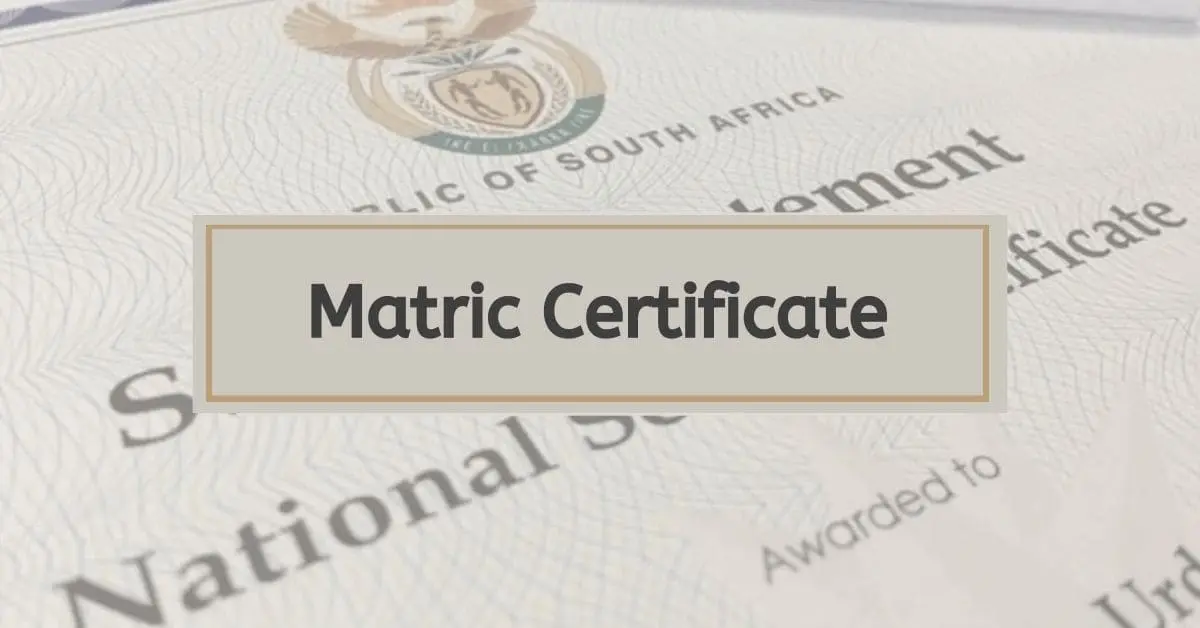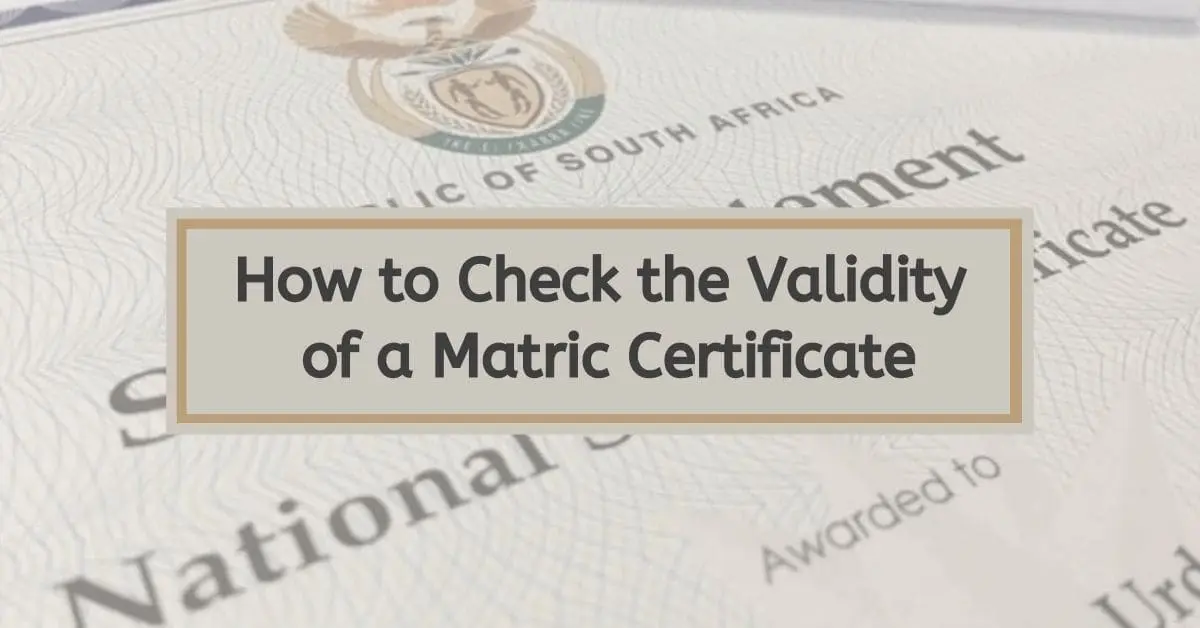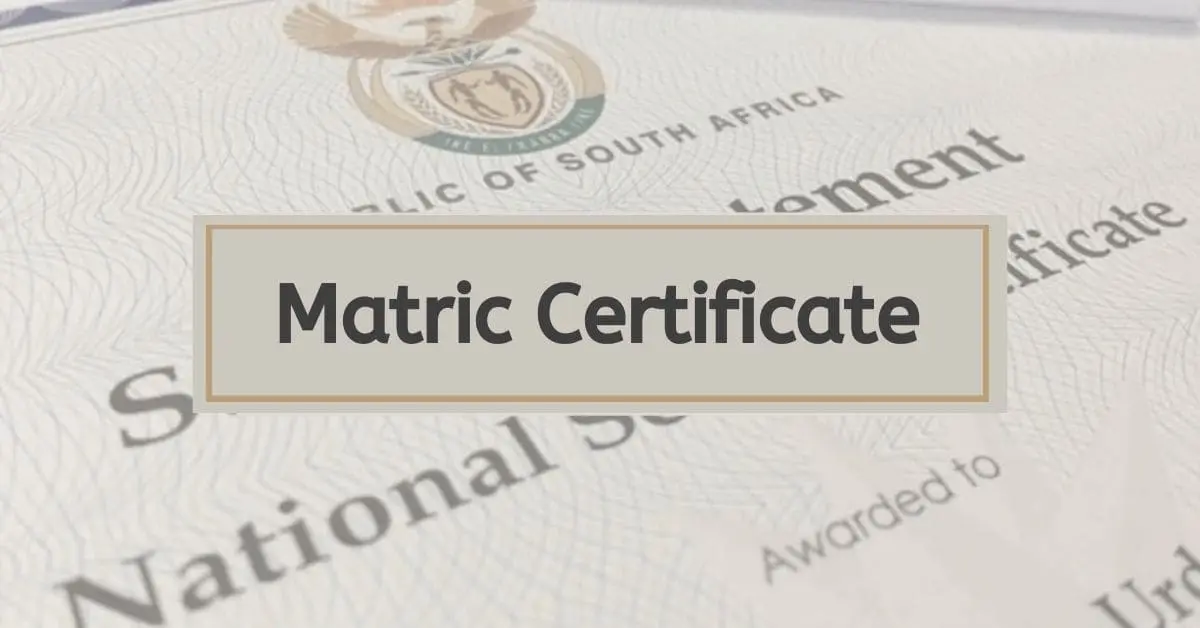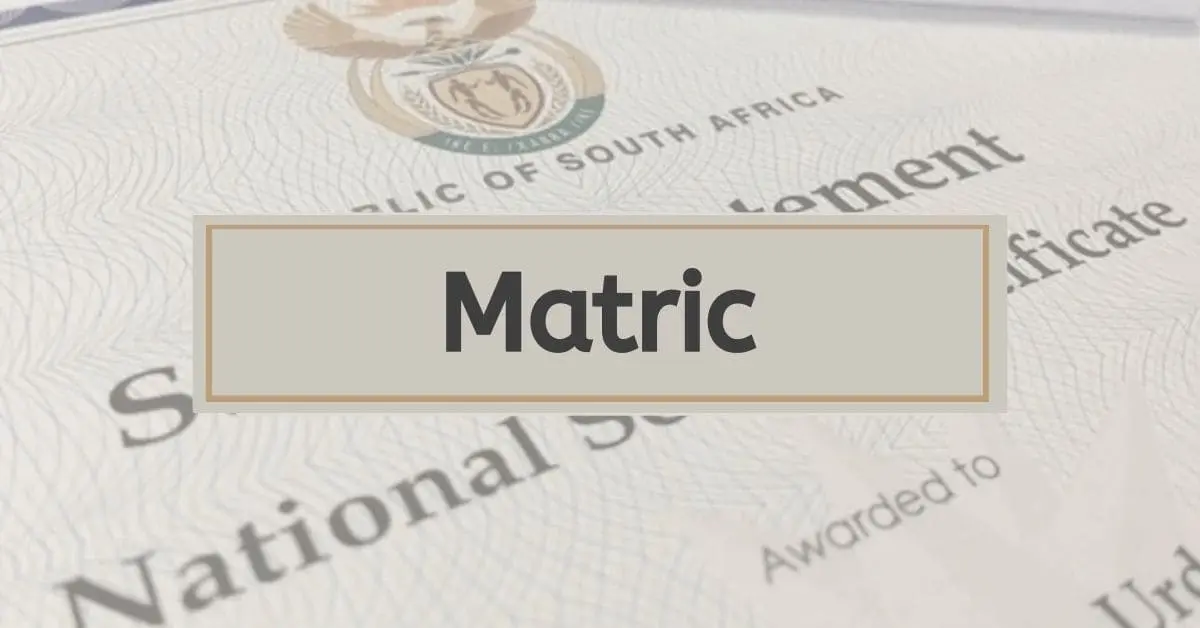At the heart of South Africa’s education lies the National Qualifications Framework (NQF), a pivotal player in shaping learning tiers and achievements. This framework stands tall in deciphering competencies, acumen, and their interplay with the employment arena. One frequently encountered term within the context of NQF is “matric,” which refers to Grade 12. This comprehensive guide will explore what NQF level matric
What NQF Level is Matric?
Matric, or Grade 12, is classified under NQF Level 4 of the South African Qualifications Framework. The NQF serves as a nationally recognized system that categorizes and aligns educational qualifications, providing a standardized way to understand the levels of knowledge and skills individuals possess. Matriculation signifies the completion of the final year of secondary education and the successful achievement of the National Senior Certificate (NSC), commonly called the matric certificate.
NQF Level 4 is a crucial milestone, reflecting a foundational understanding of basic languages, mathematical skills, reading, and writing. It provides the essential skills needed for individuals to function effectively in various everyday situations. This level of education is considered a minimum requirement for many entry-level jobs and further studies. However, it’s important to note that while NQF Level 4 represents the matric qualification, it’s just one step within the broader NQF framework.
What Is My NQF Level?
Determining your NQF level involves understanding the broader framework that classifies various levels of education and skills. The NQF consists of 10 levels, each reflecting increasing degrees of expertise and specialization. As you progress through your education and training, you move up the NQF ladder, acquiring qualifications that correspond to higher levels.
For instance, a Higher Certificate obtained after high school places you at NQF Level 5, whereas a Bachelor’s Degree corresponds to NQF Level 7. This progression highlights the increasing complexity and specialization of knowledge and skills associated with higher NQF levels.
When applying for further education or job opportunities, you must match the required NQF level with the one you possess. Having a clear understanding of your NQF level allows you to make informed decisions about your educational and career path.
What Is The Main Purpose Of The NQF?
In the realm of South African education, the National Qualifications Framework operates as an all-encompassing and uniform structure. It’s the go-to for categorizing, equating, and validating qualifications across diverse learning and training domains. Key goals encompass nurturing an adept and informed workforce, upholding educational and training excellence, and easing the path of perpetual learning.
By establishing a clear structure of NQF levels and standards, the framework enhances the transparency and credibility of qualifications nationally and internationally. This transparency allows potential employers, educational institutions, and learners to understand the value and level of qualification.
Additionally, the NQF promotes equal access to education and training opportunities, encouraging individuals to pursue learning at various stages of life. It facilitates skill development and career advancement pathways, creating a more inclusive and capable workforce.
How Do I Check My NQF Credits?
Checking your NQF credits involves understanding the credits associated with the qualifications you have obtained. Each qualification on the NQF is assigned a certain number of credits, representing the workload and learning outcomes of the qualification. These credits provide insight into the depth and breadth of knowledge gained.
You can inquire about your NQF credits through educational institutions, relevant authorities, or online platforms. Many educational institutions provide transcripts or certificates that outline the details of your qualification, including the associated credits.
Can I Pursue University Studies With NQF Level 4 Qualifications?
While NQF Level 4 qualifications, such as the matric certificate, serve as a foundation for further education and training, they are generally insufficient for direct entry into a university for a degree program. However, there are pathways that individuals with NQF Level 4 qualifications can take to gain university admission.
A widely-used method involves joining a bridging or foundational initiative. These specialized programs enrich understanding and competencies, priming individuals for advanced learning pathways. Students can often progress to degree-level studies after successfully completing a bridging program.
Alternatively, individuals can pursue higher education through technical and vocational education and training (TVET) colleges, which offer diploma and certificate programs aligned with specific industries. Accumulating NQF credits through these programs can eventually lead to university studies.
In conclusion, the National Qualifications Framework is pivotal in shaping South Africa’s education landscape. Understanding the NQF levels, their significance and their impact on qualifications and career pathways empowers individuals to make informed choices about their education and future endeavors. NQF Level 4, where matric falls, serves as a foundational step, opening doors to further education, skills development, and the pursuit of diverse career opportunities.
